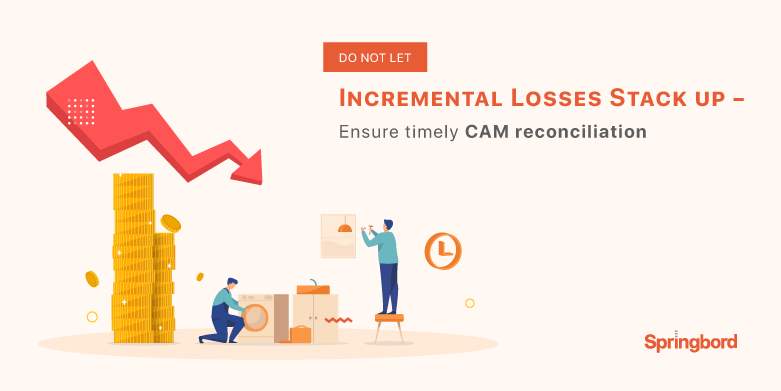As commercial real estate looks optimistic, the property managers have a humongous work cut out for them. Commercial property management encompasses a range of demanding activities on a day-to-day basis including varied requirements of investment stakeholders and landlords and mix of tenancy. Having said that, one of the crucial tasks that can make a big impact has nothing to do with the property. Critical date management is one of the key imperatives in effectively managing commercial or retail properties.
A critical date management processes not only helps ensure lease obligations are fulfilled on time but also account for changes or issues that can occur in tenancy mix or occupancy status. As property managers you are required to pay close attention to details, however, monitoring dates for large properties with varied mix of tenants makes the job arduous and challenging. Therefore, documenting critical dates can vastly improve overall commercial real estate management. We have listed five key reasons why you should adopt documentation that can trigger critical data reminders on time.
1. Meeting lease compliance obligations: Lease compliance governing commercial or retail properties today may require stakeholders to respond in case of a conflict or a certain situation. Documentation can help easily extract critical dates relating to the event or situation on time, resolve the situation and comply with regulatory requirements.
2. Ensuring insurance coverage at all times: Every year insurance of the building and premises require renewals, the critical date associated with renewal therefore needs to be monitored and administered carefully to ensure effective risk management and public liability. Based on timely alerts you can obtain a copy of the insurance cover note as per the nominated date within the lease thus ensuring timely renewal and coverage.
3. Optimizing occupancy status: Monitoring end of the lease can be challenging given the number properties within a retail property portfolio. Documentation and reminders of lease expiration dates can help you make timely decisions relating to renewal with the existing tenancy or identify potential new tenants to ensure optimized occupancy.
4. Managing renovations on time: As part of long term commercial lease occupancy you may have renovation clause that requires tenants to respond on certain dates. Timely alerts can help undertake renovation at the right time for the retail properties, helping to refurbish and maximize the property performance.
5. Maximizing return on investment: Rent collection on time is a critical aspect of property management. Therefore, agreements have clearly defined due dates and the grace period by when the rent can be paid along with late fees. Late payment fees help maximize cash flow and ensure uninterrupted income for the property. Timely reminders on due dates and the time frame defined as grace period can help streamline rent and late payment fees collection, maximizing returns.
To ensure optimized property performance and sustainable flow of rental income it is critical for property managers to stay abreast and ahead of the critical dates. Documentation and timely reminders can go a long way in effortlessly tracking multiple critical dates, helping you manage varied business aspects of your commercial real estate portfolio effectively.







